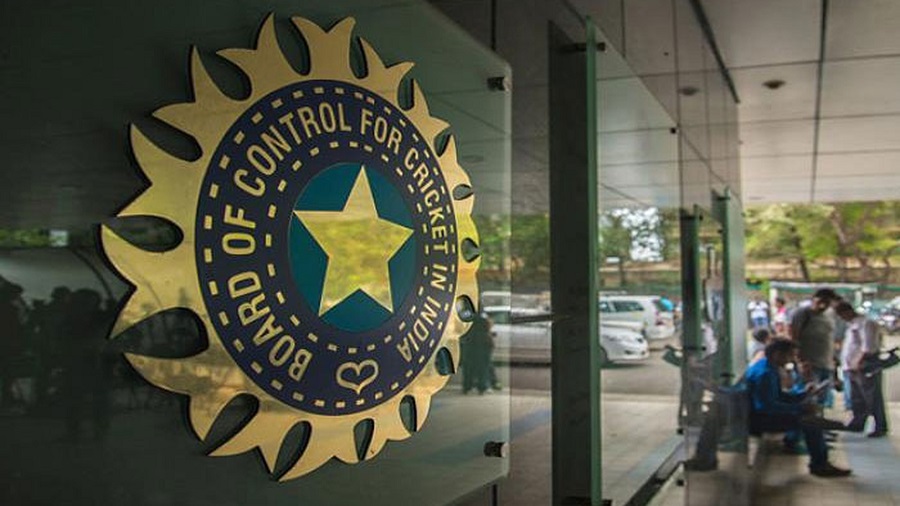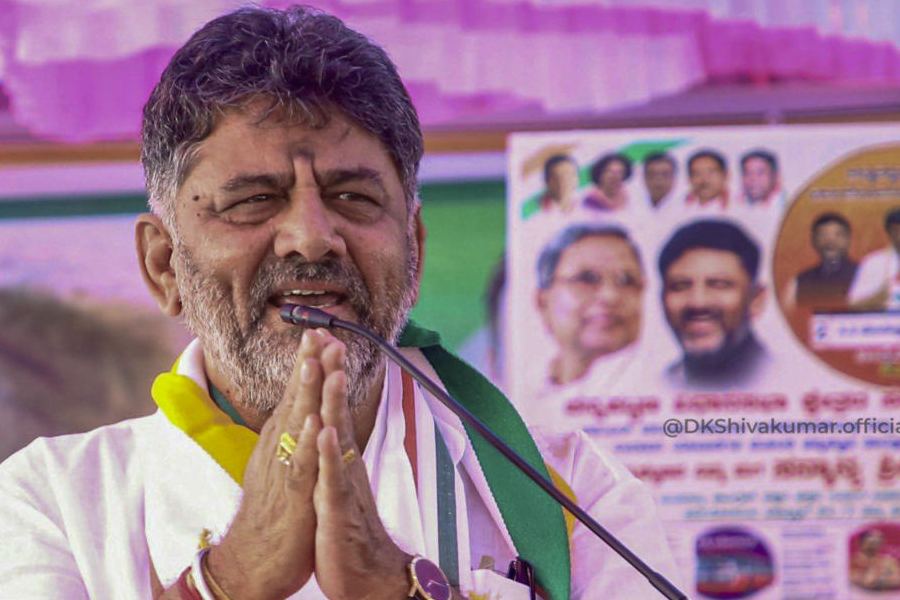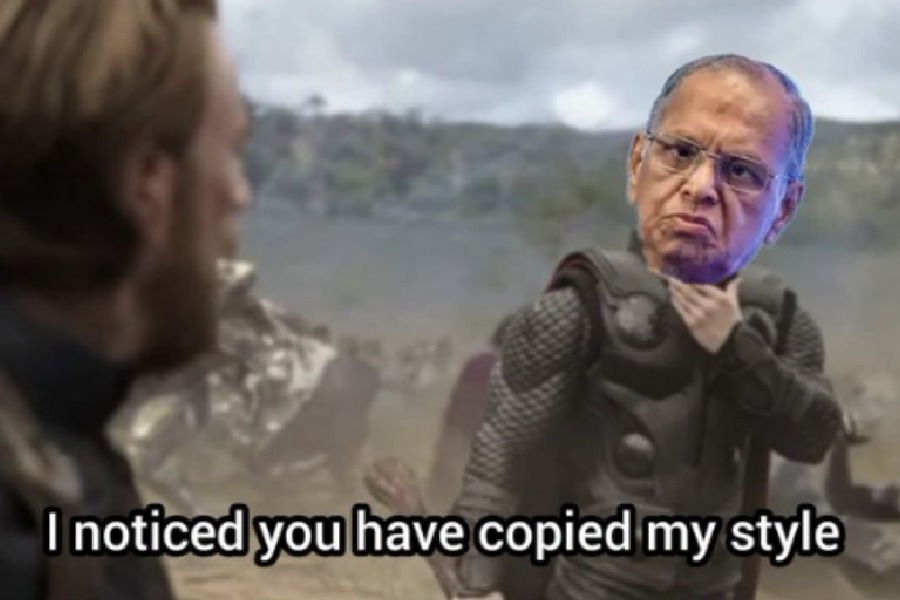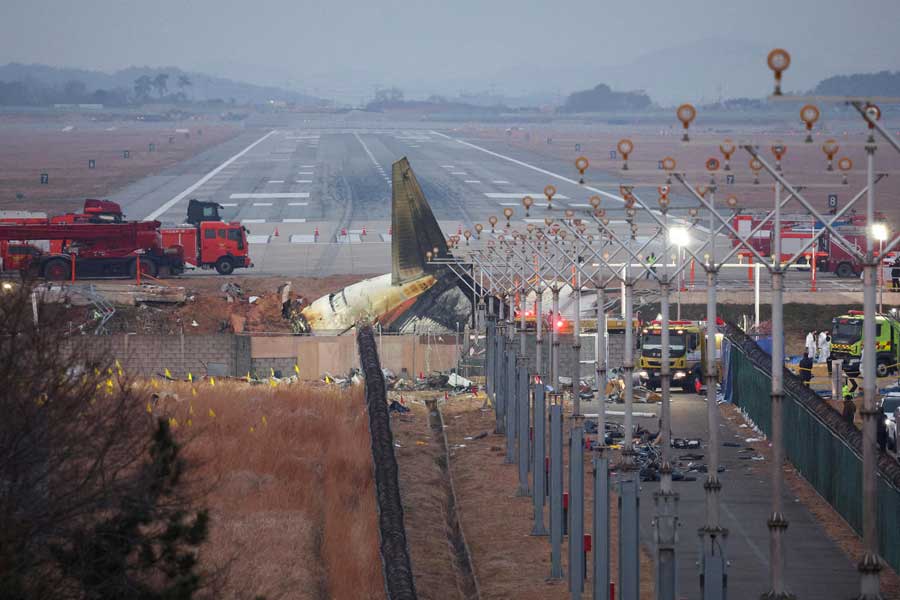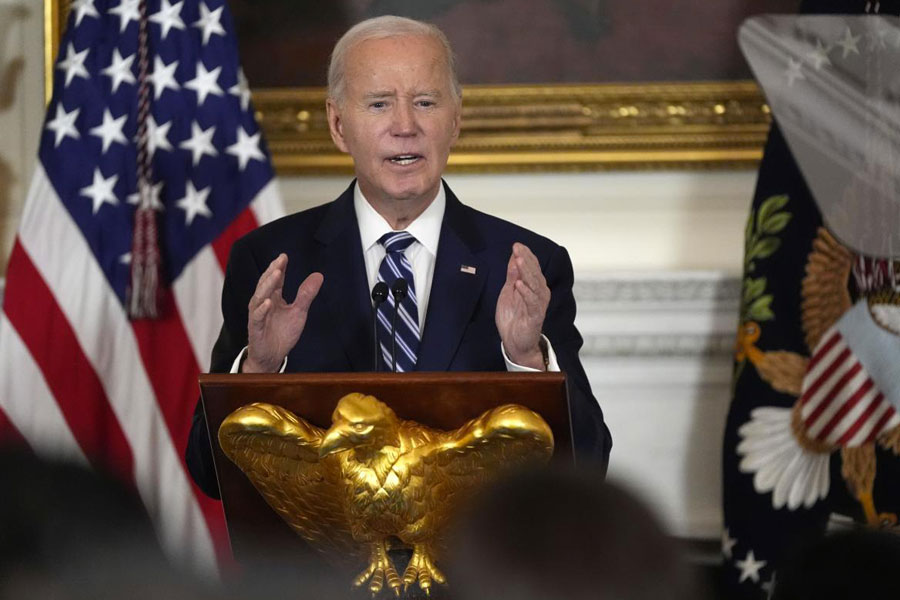Sport often mirrors life. Social scientists would argue that sport and sporting bodies are also a reliable reflector of the rise and fall in a nation’s political life. Indian politics shares a deep bond with political dynasties. In the corridors of power, the sceptre, in most cases, is known to pass from the father to the son. The current prime minister is known to be allergic to dynastic politics. But Narendra Modi’s condemnation of dynasty is selective. He repeatedly targets the Congress for this anti-democratic ritual, conveniently ignoring the fact that the Bharatiya Janata Party is, in this context, not quite the party with a difference. The BJP has in its stable a number of political scions. Quite aptly, the Board of Control for Cricket in India is also a replica of the venerable template of the parivar. News reports suggest that over one-third of the 38 full-time members of the BCCI include sons and relatives of either influential politicians or officials. Mahanaaryaman Scindia, the son of the Union minister, Jyotiraditya Scindia, has been crowned vice-president of the Gwalior Division Cricket Association; Jay Shah, the son of the Union home minister, is the BCCI secretary; the father of Ajit Lele, now at the helm of cricket in Baroda, was a BCCI secretary; Sourav Ganguly’s family wields disproportionate influence in the Cricket Association of Bengal.
The compulsions of keeping cricket administration a family affair are obvious. Control of the game yields political and pecuniary dividends. But the pitfalls are steep. While framing the BCCI’s new Constitution, the R.M. Lodha Committee, which had been appointed by the Supreme Court to explore the aspect of reform, had cited turf control that is generic to cricket administration as anti-democratic in essence. The BCCI often pats itself on the back for democratizing cricket in India. The claim is not without basis: the game has spread its wings far and wide. Curiously, the BCCI remains indifferent to democratizing the institution itself. The nexus among political dynasties ensures that the BCCI continues to function as a private fief with only a ritualistic nod to the imperatives of transparency and egalitarianism. Perhaps it is time to contemplate whether the game’s administration is left best in the hands of players with humbler roots for the good of Indian cricket.

